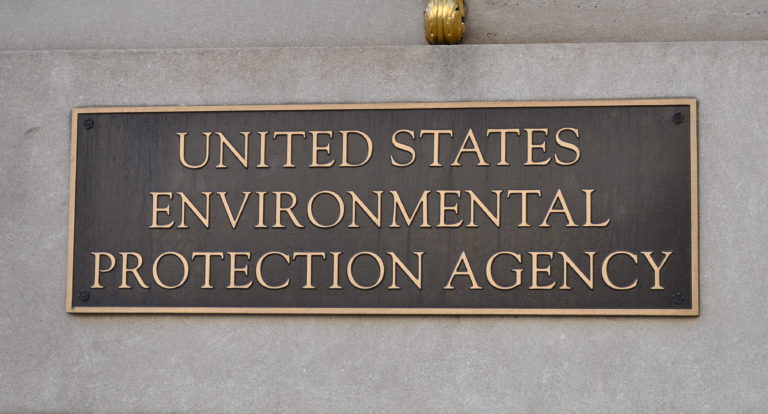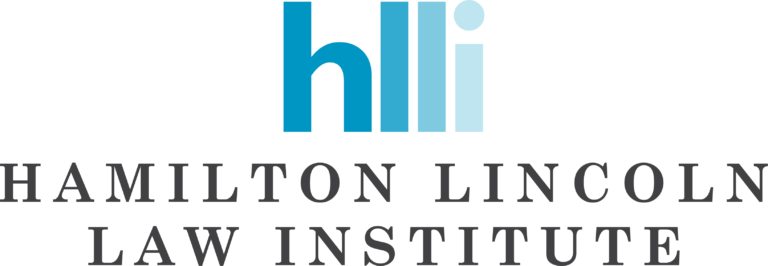Reuters: In Wawa class action, appeals court tosses fee award that’s higher than class recovery
Alison Frankel wrote about HLLI's successful appeal of a $3.2 million attorneys' fee award in the Wawa Data Security settlement, where the district court awarded attorneys more than the class.









